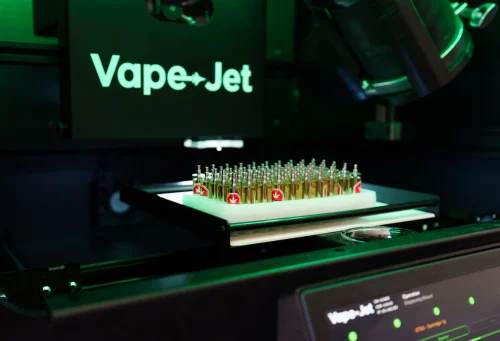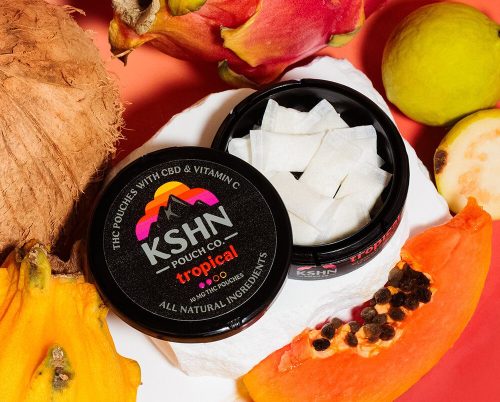The San Francisco Superior Court is reviewing a case on misleading cannabis packaging. The case may be a straightforward lawsuit of Intentional Misrepresentation. Some consumers prefer Live Resin products because they “preserve every compound” from the plant. This makes Live Resin products popular among users interested in full-spectrum extracts. Others define Live Resin products as those extracted from live plant material (not dried). The ambiguity of the definition is responsible for the present lawsuit.
What Happened
In the lawsuit, the plaintiff claims that the misleading packaging led him to overpay. The lawsuit states that he “paid a premium price for the products because he believed them to contain Live Resin.” The complaint goes on to state that he would not have purchased the product if he knew it was made with distillates and reintroduced terpenes.
The company alleges that “Raw Garden creates the vape pen cartridges by making Live Resin, distilling it, and adding terpenes back into this distillate. The company then packages and sells the resulting liquid as a “refined” Live Resin vape cartridge.” The complaint continues to allege that “the liquid used in Raw Garden’s “Live Resin” cartridge is not Live Resin because it has been distilled and despite the re-addition of terpenes, it does not contain all the organic compounds that are in a true Live Resin.”
Live Resin Cartridge or Distillate Cartridge
This lawsuit brings up the need to define Live Resin products. To some, Live Resin refers to the starting material being fresh rather than frozen. It does not refer to the extraction method (BHO, PHO, or CO2). It does not educate the consumer about further processing, such as distillation. Some could argue that the cartridge in question isn’t misleading cannabis packaging, since it came from fresh material.
Others, like the plaintiff, would argue that the distillation process negates the Live Resin status, making it distillate oil instead. It seems that the quantifiable approach to settling this dispute will be to quantify the cost of the final cartridge. Does the use of fresh flower as starting material justify the price of the final cartridge?
What This Means For You
More and more consumers need to be critical consumers of information. Packaging products with Intentional Misrepresentation is commonplace. Many “sugar-free” products, for example, actually contain sugar hidden by synonyms in the ingredients. As this lawsuit indicates, cannabis companies could be implementing the same tactics. Misleading cartridge packaging may be the tip of the iceberg.







